Drive-in sex boxes lack appeal
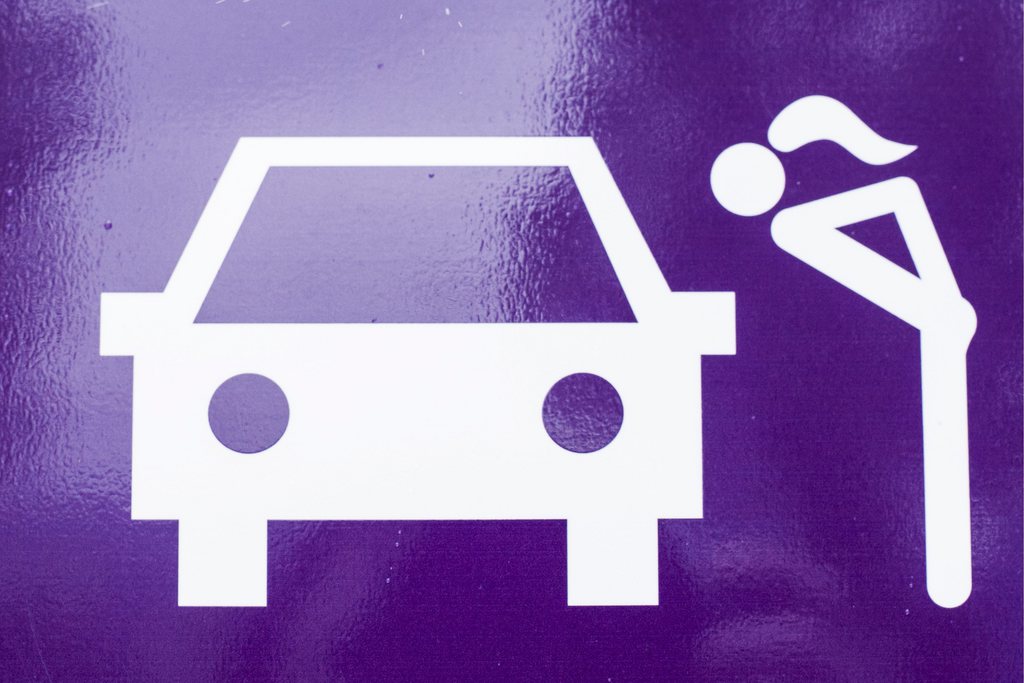
Zurich’s so-called sex boxes have been open for business for two months – and are so far a success, according to local authorities. But some specialists providing support for sex workers say the measures put into place could push many women into illegal work.
Under the gaze of what seemed many of the world’s television networks, Zurich’s experiment began at the end of August. The “sex boxes” are a dozen open garages, where drivers roll up to make use of the prostitutes’ services.
Switzerland’s economic hub became the first Swiss city to provide such a facility, following the example of similar setups in German cities.
“Depotweg” took the name of its location, niched between hip west Zurich and the Altstetten railway station. Two months after its launch, the local authorities have tried to assess its impact.
They insist it is a very provisional assessment since two months is simply too short a timeframe for an in-depth evaluation and media interest may be keeping clients away. But for the city, this first phase has been a success.
“We didn’t have specific targets – rather we were trying to improve the quality of life in the area,” explains Michael Herzig, Zurich’s head of social services.
“So we can’t say if the fact that there are on average 14 prostitutes there per night is a success. What we can say is that they work in a safer environment here and the nuisances for Sihlquai residents have disappeared.”
Sihlquai is the road where the mostly Hungarian prostitutes waited to pick up their clients. But they were regularly the victims of violence and the targets of insults from passers-by, to which the exasperation of local residents had to be added.
Since Zurich introduced a daily permit for sex workers, the city has a better idea of the number of legal prostitutes.
From January 1 to August 25, the main area given over to prostitution, the Sihlquai, saw anything from five to 47 sex workers per night, with an average presence of 32 prostitutes.
“Use of the sex boxes clearly spikes after payday at the end of the month,” explains Michael Herzig, head of the sex drive-in project. He doesn’t think, however, that it is possible to state that the weekends are when sex workers earn the most cash.
After the opening of the new boxes in Zurich-Altstetten, the average number of sex workers present in the area dropped to 14. In another area where street sex work is permitted, the number of workers has remained stable over the same period at around 16-17.
The number of cars visiting the Zurich Altstetten site cannot be accurately assessed. The city estimates there are between 50 and 100, with around half stopping for a sex worker.
In order to prevent prostitution spreading to other areas, local police have stepped up their checks. In September, 80 prostitutes were questioned and found to be working in a non-authorised area. Clients too are liable for fines and this had made them more cautious than before, according to the authorities. Police act on around 30 tip-offs a month.
Vanished
This didn’t stop more than thirty sex workers offered their services every night on the Sihlquai. But since the boxes opened, around half the prostitutes seem to have disappeared and according to the police and social services, they haven’t moved elsewhere in the city.
“They haven’t gone to other Swiss cities either,” adds Herzig. “We think that they left the country to go to places where incomes are similar to Zurich and where the pimps can control what’s going on.”
Swiss public television talked to a Spanish-speaking prostitute working the Langstrasse, one of the city’s main streets where in theory sex work is forbidden. She reckoned that working next to other women would only push prices down. “Go and work there, [at the Depotweg] for CHF50 ($55) or CHF30 a time? No way,” she said.
The authorities do not deny that prices and earnings are an issue. “But we hear differing opinions,” says Herzig. “Some workers apparently earn more, because they no longer have to make their way back from out of town – saving time. Others say their earnings have gone down.”
Some sex workers also complain they can no longer provide services to groups. A more lucrative activity, “but more dangerous,” according to Ursula Kocher, of the city’s Flora Dora service which provides support for the prostitutes at the drive-in site.
Diversity
Zurich borrowed the sex box idea from Cologne in Germany. There, parts of the premises were stolen or vandalised from the very start of operations. In Zurich however, there is little damage to report.
“The women who come here are very satisfied with the premises,” says Kocher. “They come [into our office] for a coffee and to get out of the cold. But never for very long. They are here to earn money.”
The panic buttons – designed to be hit when a client becomes threatening – have been hit 3 times, but accidently. They were mistaken for light switches, adds Kocher with a smile.
She has found the diversity of age and nationalities of sex workers very surprising. “We’ve seen women who were forced off the Sihlquai by the Hungarian workers and their pimps,” she points out.
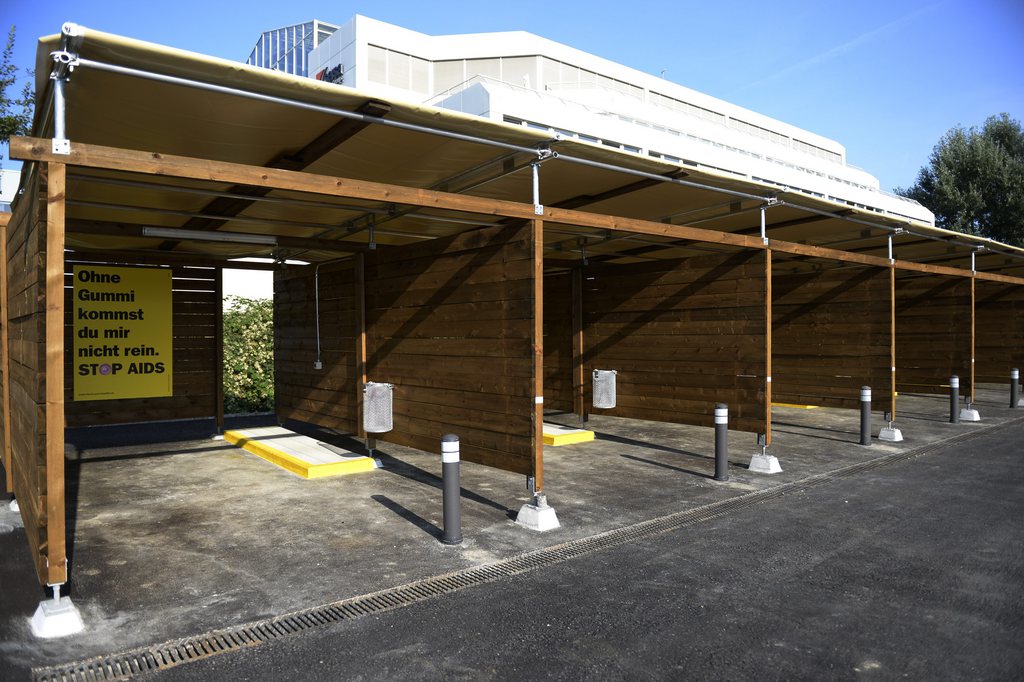
More
Zurich opens first drive-in sex facility
Alarm bells
While the authorities say they’re rather satisfied, several NGOs who offer advice and help to sex workers are more critical. They say the boxes are part of an “disproportionate crackdown on sex workers,” and that these measures are tantamount to pushing women into illegal work.
“Depotweg is perhaps convenient for some sex workers, but they’re a small minority,” reckons Rebecca Angelini, from the FIZ, an association providing support for migrant women and victims of trafficking. “For everyone else, it’s gotten worse.”
She says the police are apparently not prepared to be lenient. “If the women are working in the wrong spot, they lose their annual permit after two warnings. It’s an overreaction. The sex workers don’t know where to go and are very afraid.”
The police claim they had warned about an increase in spot checks to prevent sex workers from moving into other areas. And they point out that the severity of the punishment doesn’t depend on them, but rather on the justice system.
NGOs also fear the next stage of the city’s latest prostitution decree. By the end of this year, clubs and dance bars (responsible for 90% of prostitution) with three employees or more, will have to apply for a special permit.
On paper, brothels are only permitted where housing takes up less than half of the street. That means roughly 20% of the city.
Though dance bars, clubs and massage parlours elsewhere may have been tolerated – although the authorities do not like the term and won’t use it – the authorisation procedure may well shake things up.
“The city may well say it doesn’t want to ban prostitution outright, but all the measures it is taking tend in that direction,” reckons Angelini.
The city of Zurich begs to differ. Brothels with up to three employees won’t have to get a permit according to Martin Waser, the councillor in charge of social services.
“Our goal is not to ban prostitution, and I don’t think that the Langstrasse is going to turn into a nice, quiet area,” he has said repeatedly.
(Translated from French by Victoria Morgan)

In compliance with the JTI standards
More: SWI swissinfo.ch certified by the Journalism Trust Initiative
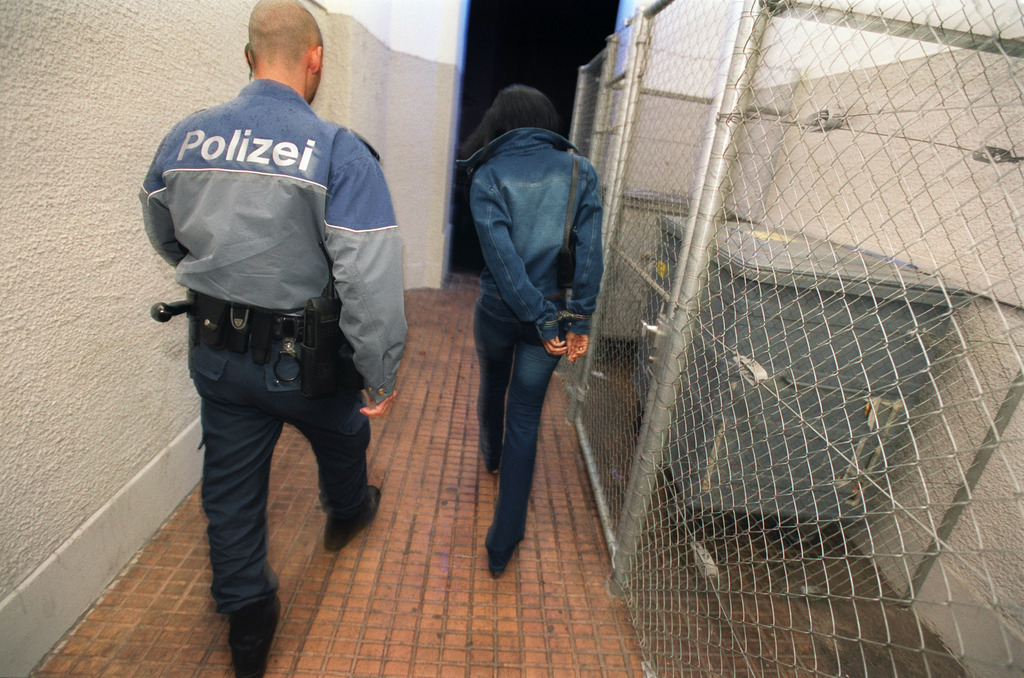
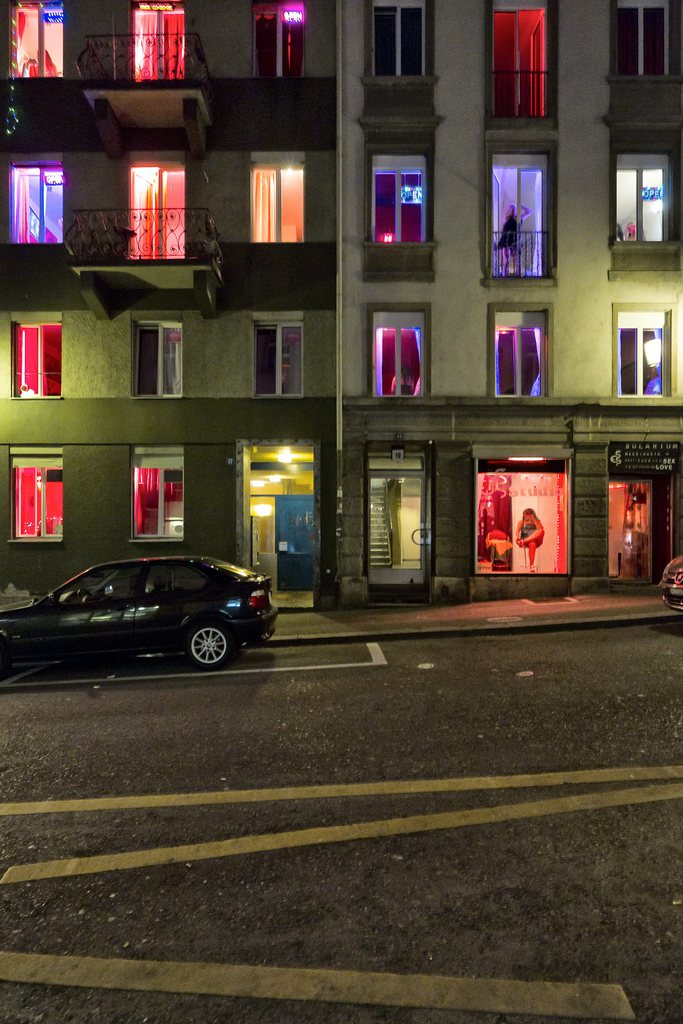
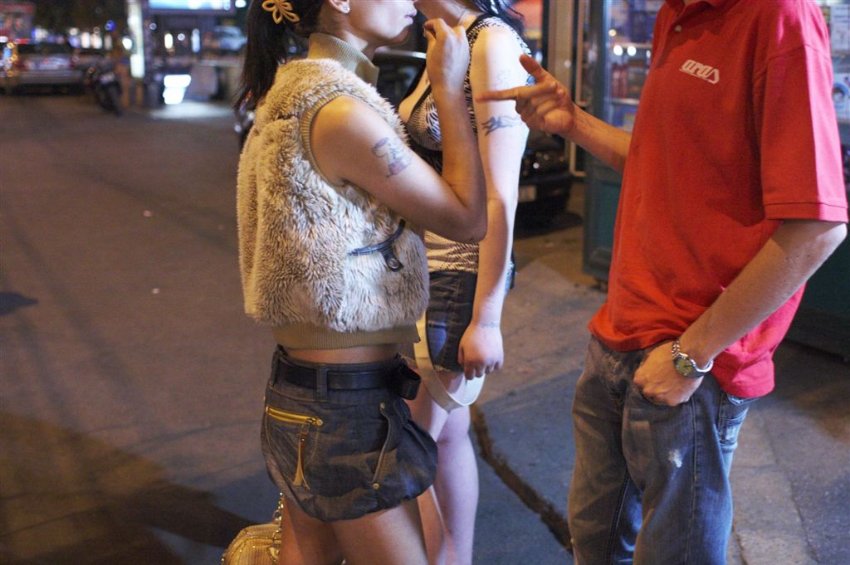
You can find an overview of ongoing debates with our journalists here. Please join us!
If you want to start a conversation about a topic raised in this article or want to report factual errors, email us at english@swissinfo.ch.